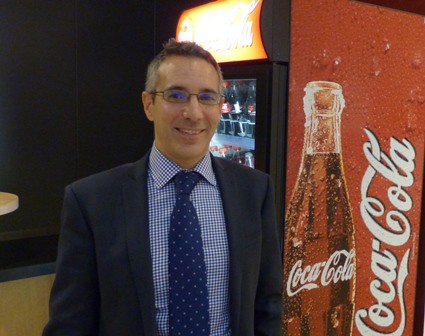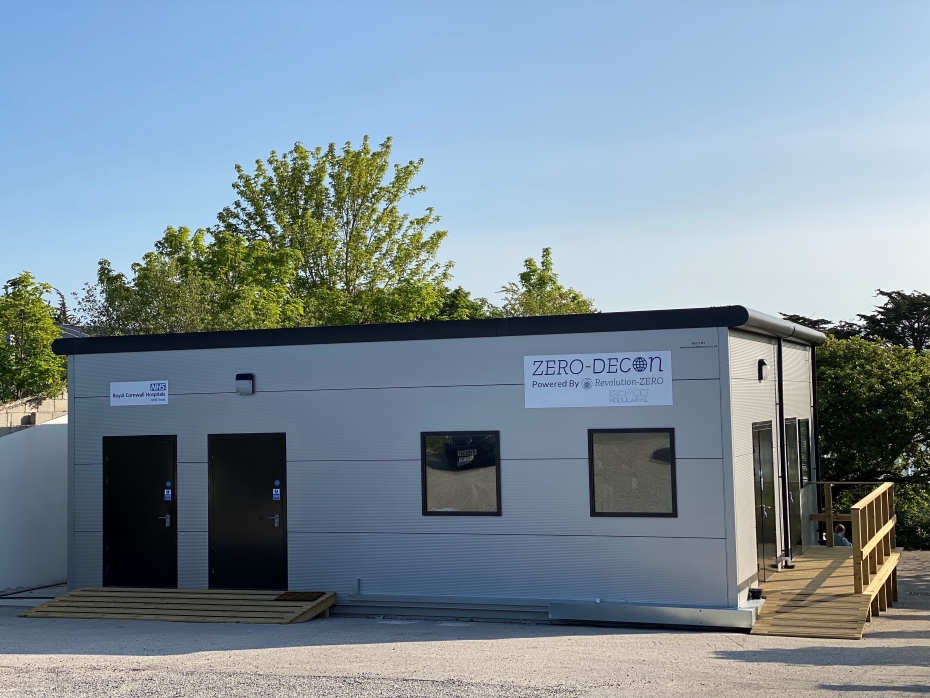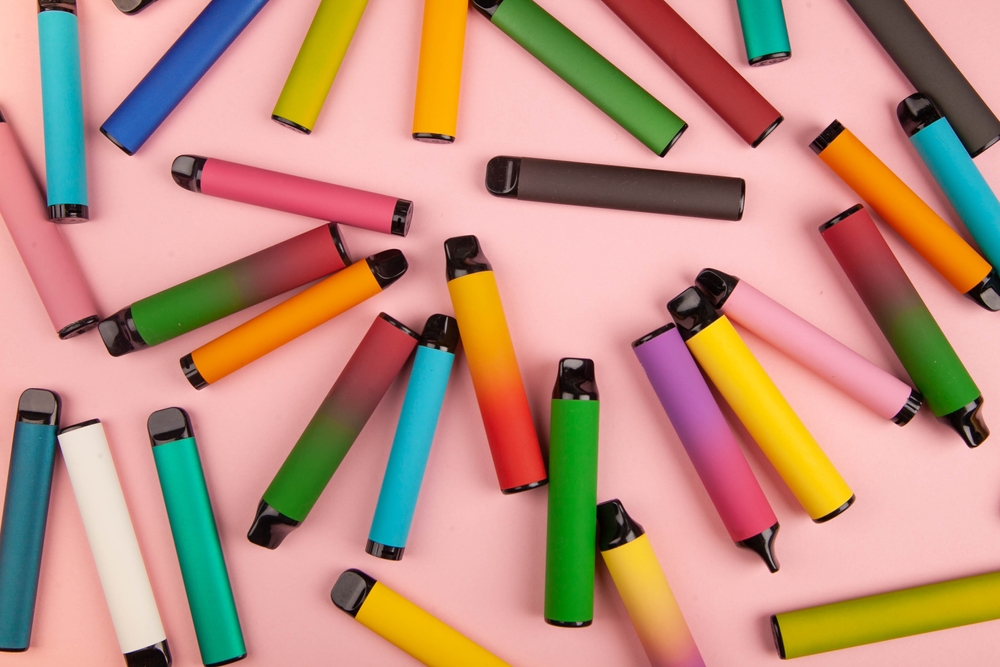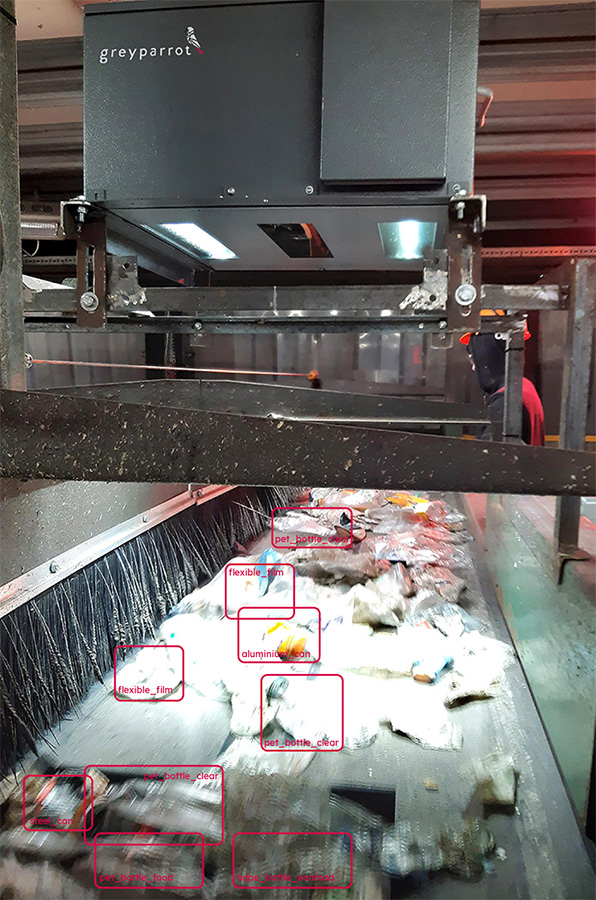Speaking to letsrecycle.com, director of corporate responsibility and sustainability at CCE Joe Franses also emphasised the importance of encouraging consumers to recycle more to capture more material, adding that the company “would love” all councils in the UK to use the same household collection methodology.

Mr Franses explained that CCE’s joint venture recycling plant with Eco Plastics in Lincolnshire – Continuum Recycling Ltd – relies on “the cleanest stream possible” of food grade PET plastic for use in its beverage bottles, but that it is harder to secure this quality of PET from commingled material.
About one third of the 12 billion bottles and cans produced across Europe by CCE are PET bottles, according to Mr Franses, and the Continuum plant is about trying to increase the firm’s rPET content further.
He said: “It’s about quality, because the higher quality you have in your bales, the higher quality comes out the other end. We need the cleanest stream of food grade PET possible, which is not about commingled. So in an ideal world we would not be having commingled systems.
“Having said that, we understand the political reality, so we understand that one of things we have to do is try and encourage consumers to use their bins correctly and encourage those collecting the waste to try and segregate wherever they can. If it is at the kerbside, even better, because it is at its cleanest and purest. If it happens to be in a MRF – then ok it is in a MRF – but deliver us the cleanest form of PET bottles that we can then put it into our joint venture in Lincolnshire and then we can put it back into the bottles.”
However, he said that “first of all” businesses and authorities in the UK needed to do more to encourage people to recycle.
Mr Franses said: “That is absolutely key, because without that action it doesn’t matter what anybody else does, if someone outs it in the wrong bin, then it isn’t going to be recycled. If it goes in the black bin it’s is going to go to landfill and then it becomes irrelevant.”
However, the variety of different methods of collecting recyclable material households across the UK – whether commingled or separated – is acting as a barrier to residents and consumers recycling more, he said.
“The second thing that is critical for us – in the UK we have 350 different ways of recycling, and that still makes recycling very difficult. People don’t understand often which bin to use – it is too complex and confusing. So we would love a single way or methodology – a single collection scheme essentially. We would love that within the United Kingdom. It would certainly make our lives a lot easier.”
Circular economy
Mr Franses’ comments followed the Future Sustainability Summit in London last week (October 1) –hosted by Coca-Cola Enterprises and the Financial Times – which saw the likes of Veolia’s UK and Ireland chief Estelle Brachlianoff and director of MBA Polymers, Dr Mike Biddle discuss sustainable business and the circular economy.
[testimonial id = “39” align=”right”]
Asked by letsrecycle.com what the concept of the ‘circular economy’ meant in reality, and whether consumers understood this concept, Mr Franses said that it “didn’t matter” whether people understood the term.
He said: “I’m not sure it matters if the consumer thinks ‘I’m about to do a circular act by recycling a bottle’. I’m not sure that matters at all. The most important thing is that it is easy for the consumer to recycle – that the consumer understands there is a direct benefit. I don’t think the consumer needs to think ‘I’m living the circular economy dream by putting this bottle into a recycling bin’. I think it is just key that they are doing that act.
“Now, is there more that people can be doing to promote the process of the circular economy? Sure. The term wasn’t around three years ago – it’s a relatively new term, so there’s no point in people getting frustrated because we haven’t got there, or it’s too slow.”
General Election 2015
The Sustainability Summit event came as the Conservative Party concluded its annual conference in Birmingham – a week after the Labour Party also held its final conference before the 2015 General Election.
Little was said by either party regarding environmental policy – particularly in the realm of waste and recycling – but Mr Frances declined to state a CCE preference for the outcome of the General Election next year.
Commenting on the recent party conferences and the lack of discussion surrounding waste and recycling policies, he said: “I guess it doesn’t surprise me just because of the whole range of political issues out there. But I don’t think that means it’s not important, and I don’t think that means leaders – certainly business leaders – are taking it for granted or don’t think it’s important, because that is certainly not been our experience.”
He added: “The UK still has some of the highest and toughest carbon reduction pledges going forward. If you look at the UK position that has been taken into the European discussions, it’s actually a very strong one. UK has very high carbon education targets, so I’m quite encouraged by that.”









Subscribe for free